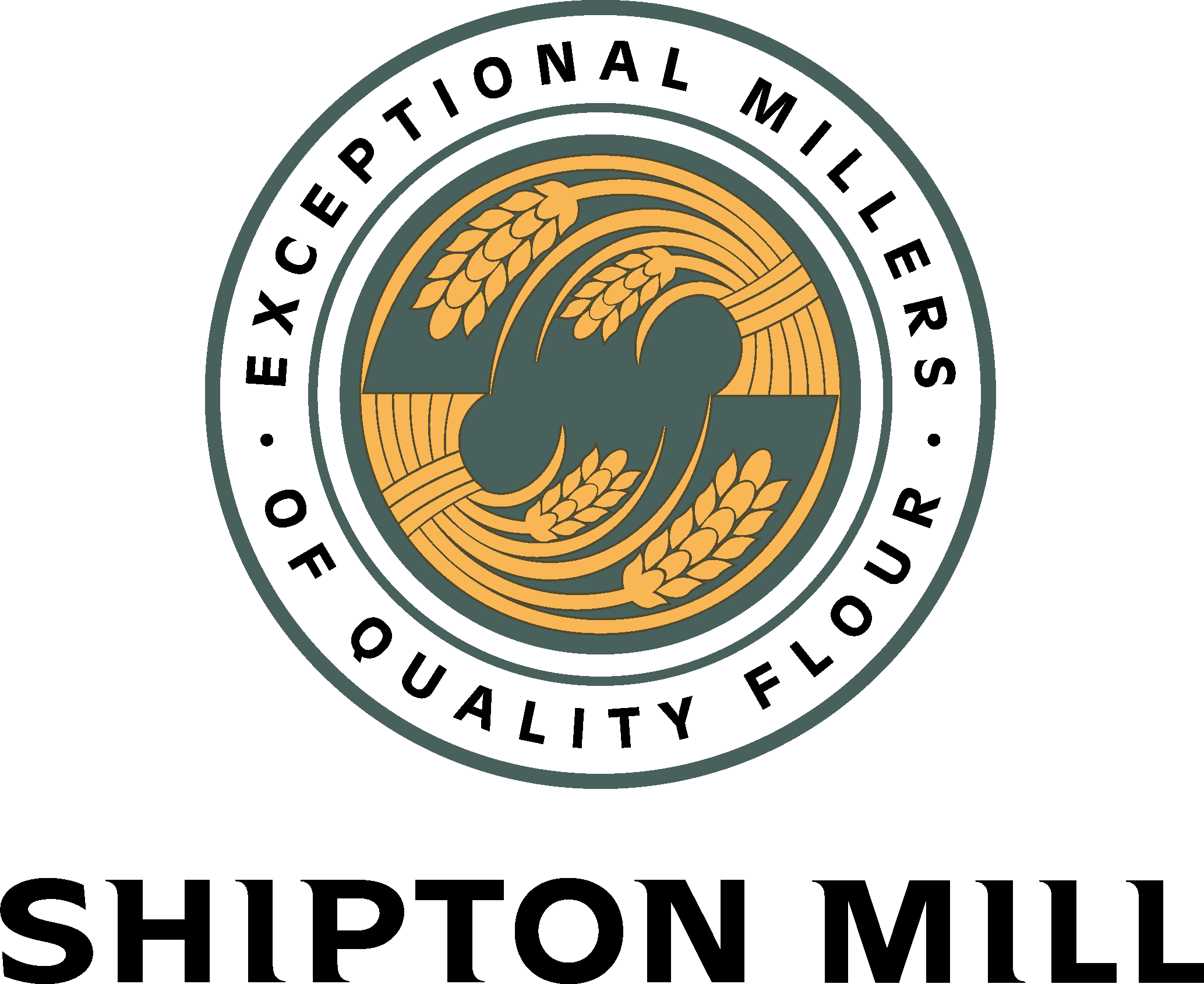Question
I am a home baker, about to start baking bread for a group of friends
and neighbours with a view to taking it a bit further in the future. I
am interested in ordering some large bags (16kg) of flour, but I would
be interested in your opinion about the relative merits of your white
and wholemeal flours.
I would be baking traditional British breads, such as a split tin, and
some sourdoughs. I would use a sponge and dough method for the British
breads. What are the differences between the No.1 Bakers white, and the
organic?
Also, what wholemeal flour would you use? I have tried making a 100%
wholemeal loaf using your recipe (sponge and dough), although I reduced
the amount of yeast. I was quite pleased with the results, but I would
like to try to get it a bit lighter. Do you have any tips?
Answer
Well done, I have worked with many successful bakeries who have started life out in this way, there is always a market for good breads.
What part of the country are you in?
White
The No.1s are produced using a conventional wheat and the No.4s are produced using Organic wheats. The proteins will be about the same but in my opinion you can obtain better crust retention and a softer crumb using the No.4s on a traditional UK overnight fermentation as harder wheats are used in the organic grist to compensate for the lack of nitrates added to the soil when the wheat is growing. Unfortunately to gain this tolerance you will forfeit some of the natural sweet flavours that come from the softer wheats.
My favourite combination is to use all Organic flour but put the overnight sponge down with the No.4s and give it about 20 hours at 18 to 21°C.
Then add this to your main dough at about 30% using the 10% protein organic white flour but still controlling the finished dough temperature to 21 to 25°C and giving it one to one and a half hours bulk and 20 mins intermediate.
Wholemeal
The same will apply to the wholemeal. If you want a lighter texture you will find the rollergound flour will help as opposed to the stoneground. They are better with the slacker doughs say 70% hydration and about 15% sponge and the addition af a flying sponge will help. Just set down about 20% of your 100% flour with all of your yeast and one and a half the weight in water and stand for 45 mins before putting the full dough together.
Hope this is of help
Happy baking
Clive Mellum




